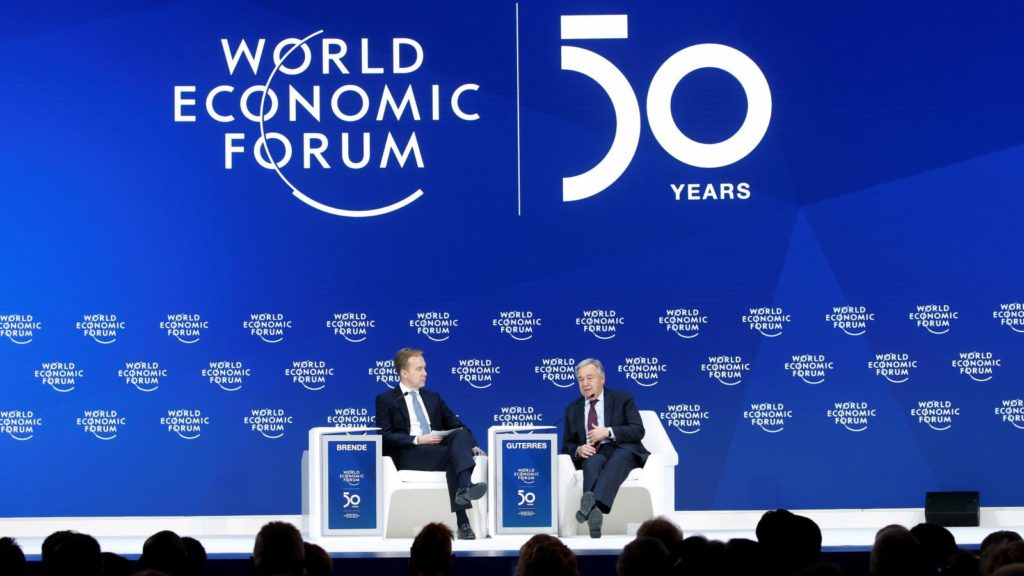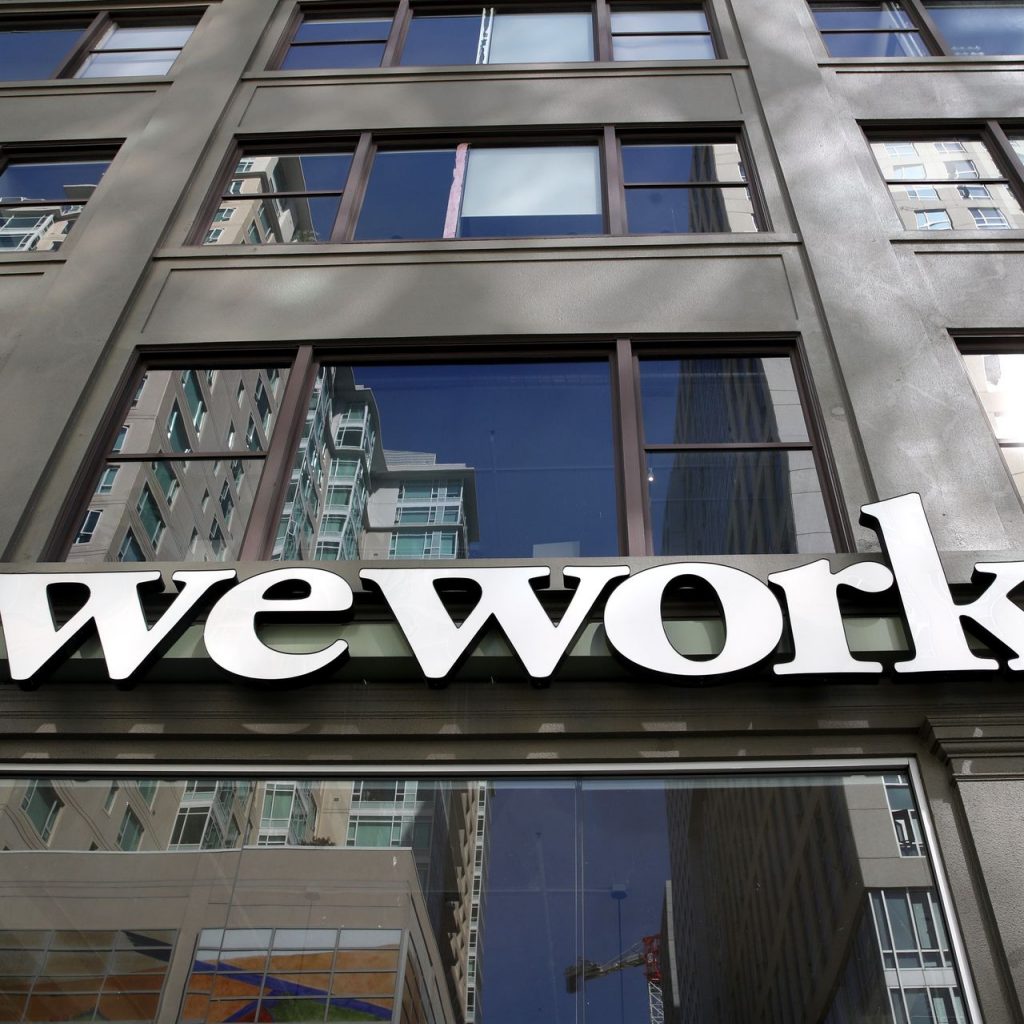The 2018 World Economic Forum in Davos, Switzerland ended a couple of weeks ago.
Founded nearly 50 years ago, the World Economic Forum (or WEF) operates under the motto ‘Committed to improving the state of the world.’
Originally the WEF focused on global business management – in particular how European firms could adapt management practices from the U.S. and become more competitive around the world.
But with in a few years the invitation-only membership of the WEF grew to include political leaders and global thinkers, and expanded its focus from only business management to encompass economic and social issues as well.
Today the annual event includes not just business people and politicians, but also musicians such as Elton John, actors such as Cate Blanchett, and others billed as ‘builders, connectors, and teachers.’
We’re not sure if this is good or bad. But the fact of the matter is that what takes place each year at the World Economic Forum in Davos has a significant impact on both business and investing.
Take Donald Trump for example. He was the first sitting U.S. President to attend the WEF since Bill Clinton.
President Trump took the opportunity to tout the passage of his historic tax plan, noting that corporate tax cuts allowed employers to give workers one-time bonuses of $1,000, $2,000, and even $3,000.
For those of us who are successful investors that may not seem like a lot of money.
But considering that – according to the U.S. Census Bureau – the 2015 median gross household income in the Unites States was $56,516, bonuses of a few thousand dollars can go a long way.
Trump made it a point to let the world know that people are welcome to, “Come to America where you can innovate, create and build.”
Maybe you’re interested in attending Davos next year, maybe not. But we do know that investing tangible assets is one of the proven, time-tested ways to build wealth that can be passed from one generation to the next.
President Trump also noted that, “There has never been a better time to invest in the United States.”
While this statement may be a mixture of rhetoric and fact, in our upcoming articles this month we’ll explore why investors based in the United States may still find it attractive to consider fixed income and equity fund investing.
As Howard Marks of Oaktree Capital said that, “This is the time not to be taking on more risk.”




